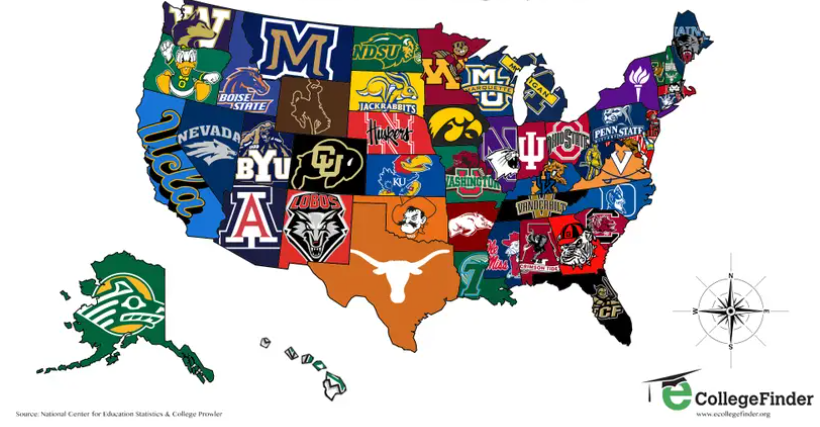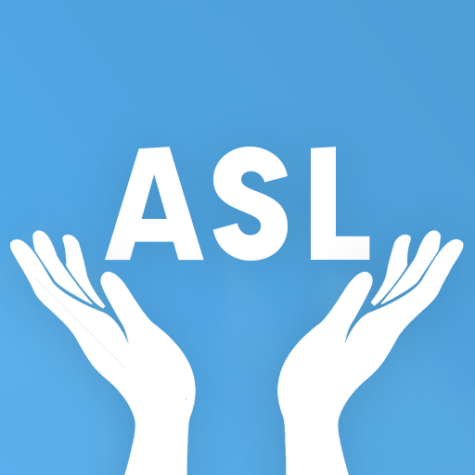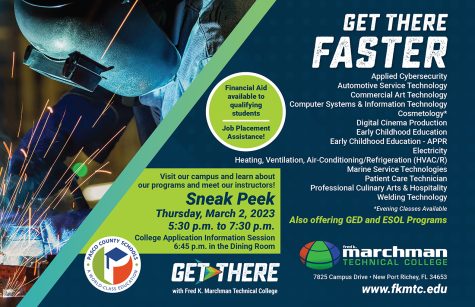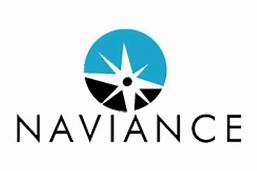Making Money without the Traditional College Pathway
There is no denying that college can be a valuable experience for many people, providing access to a wealth of knowledge and resources, including opportunities for business and personal growth. However, going to a 4 year traditional college to earn a degree is not the only path to success. Many successful individuals have a fulfilling career without going to a traditional college. Here is a short list of other careers that may require technical training, trade school, or other forms of specialized education.
1. Loan Officer – A loan officer examines and approves credit, commercial, and real estate loan applications. They consult with loan applicants, keep track of account activity, create loan offers, and inform clients of rules and guidelines. There is a 20-hour state mandated training that must be completed in order to become a loan officer. This is training for the SAFE test since passing it allows you to obtain your license. Furthermore, a background on finance and economics will help as well. Depending on how long you have been in business, you can earn between 110 and 150k annually. (https://www.indeed.com/career-advice/finding-a-job/how-to-become-a-mortgage-loan-officer)
2. Web Developer – There are no specific qualifications or education/degrees required to become a web developer, however, a degree in a subject such as math or science would be useful. Understanding all aspects of programming and being proficient in coding languages are the qualifications for becoming a web developer. In addition, extra background knowledge from a web development coding bootcamp is extremely helpful and recommended. Some of these bootcamps take 8 months while others take a year long to finish. Web developers are in charge of the technological features of the website, such as its capacity and performance, such as a website’s speed and the amount of traffic it can manage. About 87k to 130k is what a web developer makes. (https://www.computerscience.org/web-development/careers/web-developer/how-to-become/)
3. Radiation Therapist – To become ARRT certified, an applicant must earn an associate’s (typically 21 months) or higher degree from an approved radiation therapy program, adhere to ARRT ethical standards, and pass the certification exam. The exam covers topics such as radiation protection, treatment planning, patient care and education. Under the leadership of doctors, radiation therapists provide cancer patients with radiation therapy. They keep daily logs and frequently inspect the treatment equipment to make sure it is operating properly. Students in these programs learn both the technical aspects of performing radiation therapy procedures as well as the scientific theories underlying such operations. Radiation Therapists make around 78k to 126k annually. (https://cancergainesville.com/physicians/radiation-therapists.dot)
4. Commercial Pilots – It takes around 4 to 5 years to become an airline pilot. Students must pick a flight school, take an admissions flight, apply for FAA Medical Certificate, and Student Pilot Certificate, take flight training lessons, and pass several tests. Commercial pilots engage in a range of unscheduled flying activities, including aerial applications, charter flights, and sightseeing flights. They may be required to do extra tasks including piloting passenger and freight aircraft. Good time management skills are essential for commercial pilots since they thoroughly plan their missions. Depending on how long they have worked in that field, they can earn 130k, with an average pay of 107k. (https://www.indeed.com/career-advice/career-development/how-to-become-a-commercial-pilot)
5. Air Traffic Controller – To guarantee safe flights and landings, air traffic controllers oversee the movement of aircraft. The pay ranges from 90k to 130k annually for air traffic controllers. To obtain an Air Traffic Control Tower Operator Certificate/Degree, a training course has to be taken at the FAA Air Traffic Collegiate Training Initiative (AT-CTI) which takes two to four years to complete, according to the BLS. A passing score is needed on the test afterwards. At the FAA Academy in Oklahoma City, applicants must complete a two- to five-month training program. Following program completion, these applicants are classified as developing controllers and develop their abilities over the course of two to four years of on-the-job training. After that, the Air Traffic Standardized Aptitude Test (AT-SAT) is taken. Upon passing, you can begin submitting applications for employment. (https://www.degreequery.com/degree-need-become-air-traffic-controller/)
Making the decision not to attend college is a huge one since it affects one’s future. It is crucial to weigh the advantages and disadvantages before making a choice that will have such a significant impact. It isn’t easy to navigate life without a typical college education, but it is possible depending on what that individual wants to accomplish in particular. Mrs.Faysash, college and career counselor at

WCHS says, “Most people don’t realize in our current economy that only 3 of every 10 jobs requires a Bachelor’s degree. The focus now is on earning certifications and post-secondary education and credentials to showcase skills. There are MANY high wage/high demand jobs that do not require a university degree.” There are several routes to success, and not everyone needs to follow the same “traditional college” route in order to succeed financially. The idea that “all successful individuals went to college” is becoming less relevant in todays society.
When asked whether attending college is necessary for success, Mr. Walensky, the testing coordinator, responds, “Not necessarily. It does depend on a few things, such as what one defines as ‘successful’. Generally speaking, certain specialized jobs will require schooling beyond high school. That said, I have known several people who did not go to college, but instead went into the military, or into a trade, and became what most people would consider successful. Regardless, they all had some training beyond a high school diploma, and their path involved more work than a college path may require. If you define success as having a stable career, with an income to afford one’s monthly expenses and be able to put some money into savings, then college is not necessarily required. If you define success by having a career in a specialized field, then most of the time it is necessary. Regardless, a minimum level of education is a high school diploma (or its equivalent), along with further education/training, is required to begin the journey to success.”
All in all, a person’s decision to attend college or not should be in line with their goals and aspirations. Weighing everything is really beneficial because both approaches offer benefits and drawbacks. However, there is no doubt that both routes lead to success.
Your donation will support the student journalists of Wesley Chapel High School. Your contribution will allow us to purchase equipment and cover our annual website hosting costs.




























